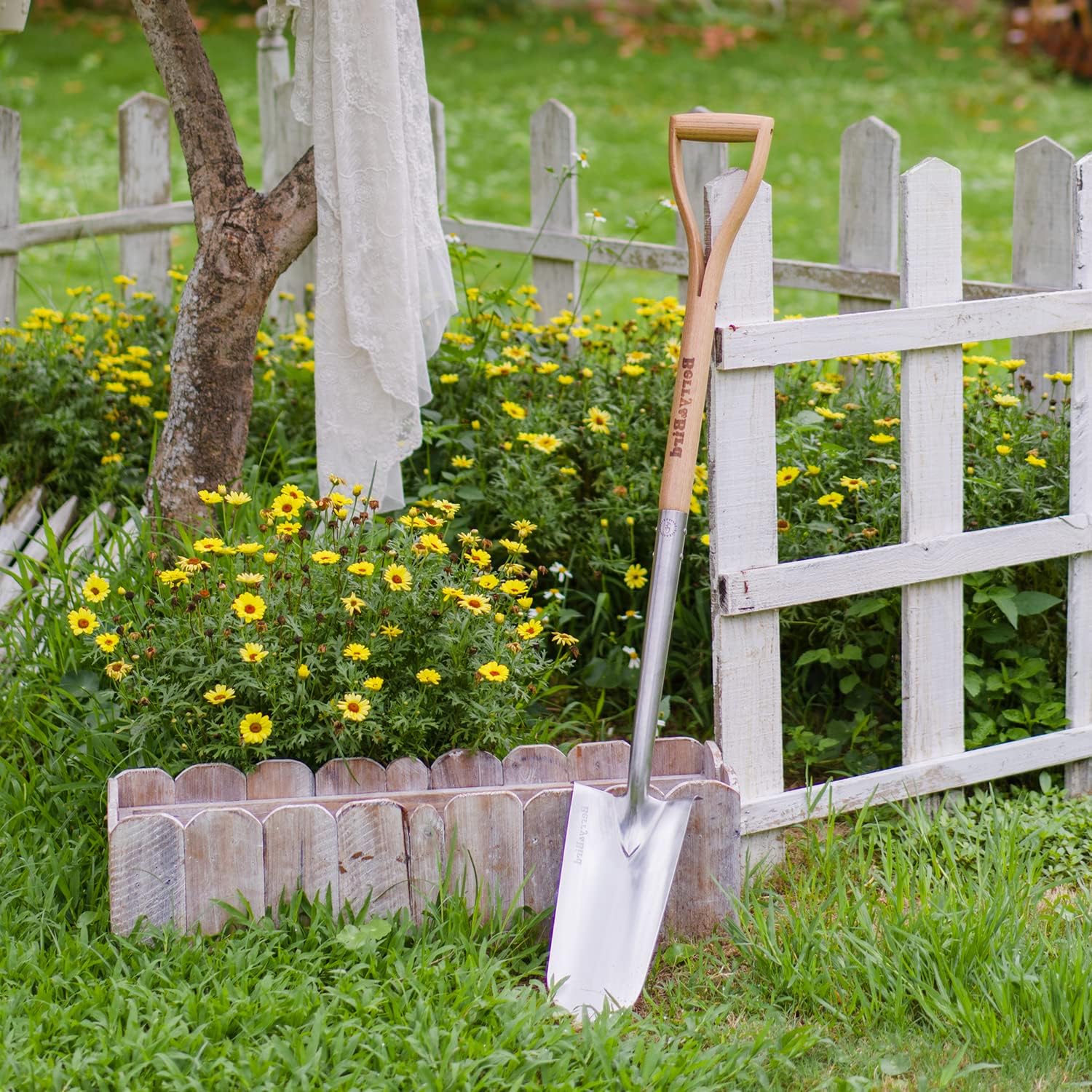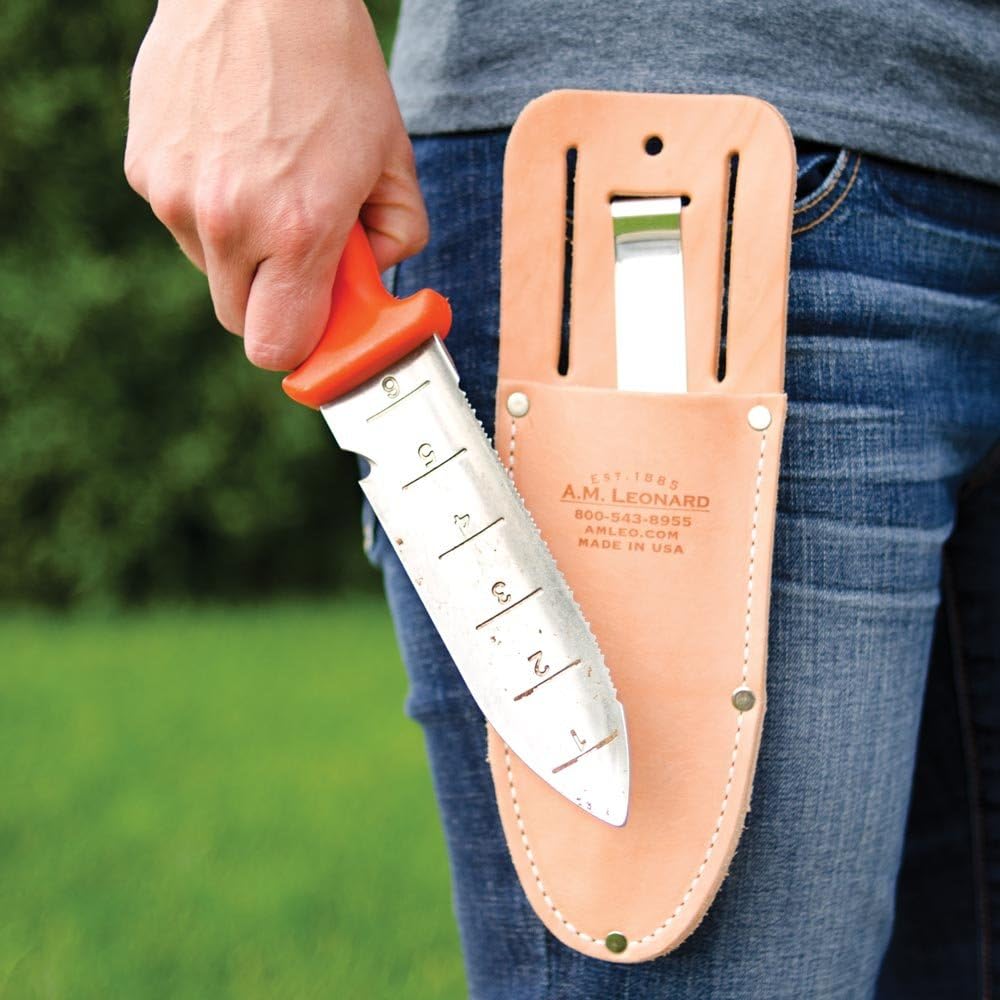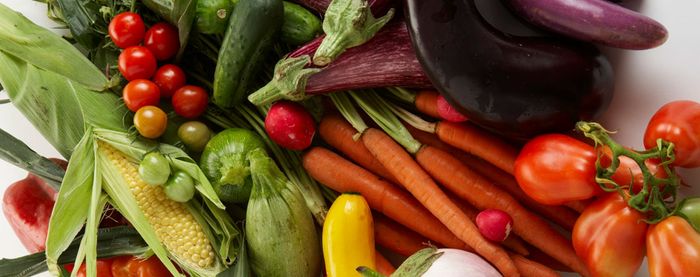Grow Heirloom Peas This Spring
Peas are one crop that no spring garden should be without

Peas are one crop that no spring garden should be without. They’re one of the oldest cultivated vegetables as there’s been evidence of peas found throughout Egypt, Europe, Asia and amazingly, among the ruins of Troy. Heirlooms are descendants of those peas and preserve their heritage, adaptability, genetics, and great flavor.
This isn’t surprising considering the many ways they can be used as food. Peas general categories are: shelling peas (English), snap peas, sugar peas (snow peas) and Southern peas which are also known as cowpeas and black-eyed peas.
The shelling or English peas are those that taste best when the peas are removed from inside the shells or pods and then cooked. Snap peas have fat pods that are sweet and tender even when mature. They also have a great snap to them—just like snap beans.
The sugar peas or snow peas are those small peas that you often find in Asian or Chinese dishes. They don’t split open when they’re mature like the shelling peas and are harvested when they’re quite young.
Southern peas are also called cowpeas, black-eyed peas, or field peas depending on your location. They can be canned, dried, cooked, or dried. These guys perform their best in climates where they have 60 to 90 days of warm days and nights.
Don’t forget about the amending properties of peas or any legume. They’re nitrogen-fixing plants and can be also used to release nitrogen into garden soil for other crops. Need more? We have a video that gets into pea-growing details: Homegrown/Homemade.
Heirloom shelling (English) peas
- Blue Podded Shelling. This beautiful pea variety with its blue-purple pods dates back hundreds of years in Europe. You can harvest this one young and use it as a snow pea or you could let it mature and use it as a shell pea that’s perfect for soups. The piece-de-resistance is its lovely purple flowers. 80 to 85 days to harvest.
- Lincoln. This old pea variety was introduced in 1908. Tasty, sweet peas are born on compact, high-yielding vines and are perfect for small gardens. 60 to 70 days to harvest.
- Little Marvel (Improved American Wonder). This 1908 heirloom is a dwarf vine that bears fine-flavored peas. It’s a heavy-yielding variety that’s fusarium wilt–resistant. 60 days to harvest.
- Tall Telephone. This variety was introduced in 1881 and is heat-resistant enough to do well in Southern climates. The long vines may reach up to 6 feet tall. It produces large pods and peas that are sweet and tender.
Heirloom snap peas (snow peas)
- Cascadia. ‘Cascadia’ grows 32-inch vines that bear sweet, juicy, 3½-inch pods. It’s a high-yielding plant that’s resistant to both powdery mildew and pea enation virus. 60 days to harvest.
- Dwarf Gray Sugar. Introduced in 1892, ‘Dwarf Gray Sugar’ blooms in beautiful purple flowers. This stringless, pale green variety of 3-inch to 4-inch pods born on 24-inch to 30-inch vines doesn’t need staking or trellising. Perfect for steaming or stir fries. 60 days to harvest.
- Sugar Snap. These 6-foot to 8-foot vines produce 3-inch snap peas that have the best flavor of all the snap peas. It’s tolerant of pea wilt but not of powdery mildew. The pods freeze well, but you may want to try them fresh—right from the garden. 70 days to harvest.
- Golden Sweet. Another snap pea that produces gorgeous, purple, two-toned blooms that give way to bright, lemon yellow pods. The flat seeds are a tan color with purple flacks. A perfect variety for adding to soups and stir-fries, but can also be dried. 60 to 70 days to harvest.
Heirloom Southern peas (cowpeas, black-eyed peas)
- Whipporwill. ‘Whipoorwill’ was brought to the Americas during the slave trade and was grown at Monticello by Thomas Jefferson. It used to be the standard for Southern peas, as it grows well in most soils and is drought tolerant. The 7-inch to 8-inch pods are green tinged with purple. When the seeds are mature, they’re light brown with black speckles. The peas are good for fresh eating and drying. 85 days to harvest.
- Mississippi Silver. This variety is highly adaptable and not only does well in the humid Mid-Atlantic and Southern areas, but also in the North. The 6½-inch pods are a silver color and are sometimes rose-streaked. The peas are easy to shell. 64 days to harvest.
- Big Red Ripper. This heirloom variety is a nice table pea with good flavor. The pods are reddish-green and grow high on the plant for easy harvesting. Hot and dry summers don’t bother it at all. These peas can be eaten fresh or dried for storing. 70 days to harvest.
- Pinkeye Purple Hill. This prolific variety produces early, white peas with pink eyes that are good for fresh eating, canning, and freezing. The semi-dwarf bushes are disease resistant. 65 days to harvest.
Fine Gardening Recommended Products

The New Organic Grower, 3rd Edition: A Master's Manual of Tools and Techniques for the Home and Market Gardener, 30th Anniversary Edition
Fine Gardening receives a commission for items purchased through links on this site, including Amazon Associates and other affiliate advertising programs.

Berry & Bird Rabbiting Spade, Trenching Shovel
Fine Gardening receives a commission for items purchased through links on this site, including Amazon Associates and other affiliate advertising programs.

A.M. Leonard Deluxe Soil Knife & Leather Sheath Combo
Fine Gardening receives a commission for items purchased through links on this site, including Amazon Associates and other affiliate advertising programs.







Comments
Log in or create an account to post a comment.
Sign up Log in